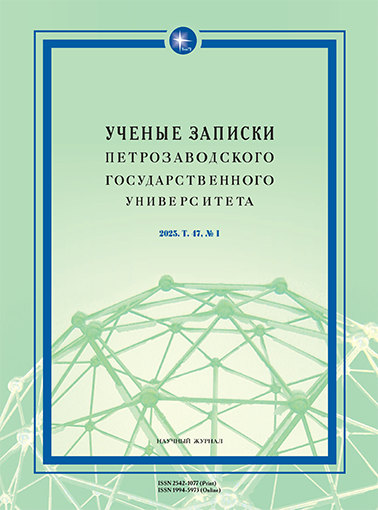ЮРИДИЧЕСКАЯ ТЕРМИНОЛОГИЯ В ПУБЛИЦИСТИКЕ И. С. АКСАКОВА В АСПЕКТЕ ЯЗЫК ОВОЙ РЕФЛЕ КСИИ (на примере слов легальный, легальность)
LEGAL TERMINOLOGY IN IVAN AKSAKOV’S JOURNALISM FROM THE PERSPECTIVE OF LANGUAGE REFLECTION (exemplified by the words legal and legality)
Author(s): Olga Olegovna SekiroSubject(s): Language and Literature Studies, Historical Linguistics, Stylistics
Published by: Петрозаводский государственный университет
Keywords: nineteenth-century Russian language; nineteenth-century journalism; legal terminology; historical lexicology; historical stylistic; language reflection; Slavophiles; Ivan Aksakov;
Summary/Abstract: Legal terminology plays a significant role in the development of the nineteenth-century Russian vocabulary. It was regularly used by a prominent Russian Slavophile, Ivan Aksakov, whose views were shaped within the professional community of legal experts and directly assimilated the ideas that contributed to the development of the Russian legal tradition. So far, texts written by the Slavophiles belonging to the one of the main directions that affected the social and political environment in Russia from the 1840s through the 1860s have not been described by linguists. The significance of Ivan Aksakov in the media landscape of the XIX century lies in his role as an author who introduced Slavophile ideas into public discourse, which, along with the active development of journalism vocabulary, determines the relevance of this study. This research examines the author’s interpretation of legal terminology through language reflection, which in Aksakov’s publicistic texts marks the distinction between “foreign” and “native” words in his debates with opponents. To understand the role of language reflection in articulating the author’s perspective on legal lexicon, the paper analyzes the semantic interactions involving the objects of language reflection, namely, the words legal and legality that denote the fundamental legal concepts, as well as other lexical and phraseological units and so-called “reflexives”. The findings indicate that Aksakov’s use of these terms led to the emergence of new ideological connotations, closely tied to their religious and moral interpretations.
Journal: Ученые записки Петрозаводского государственного университета
- Issue Year: 47/2025
- Issue No: 1
- Page Range: 40-46
- Page Count: 7
- Language: Russian

